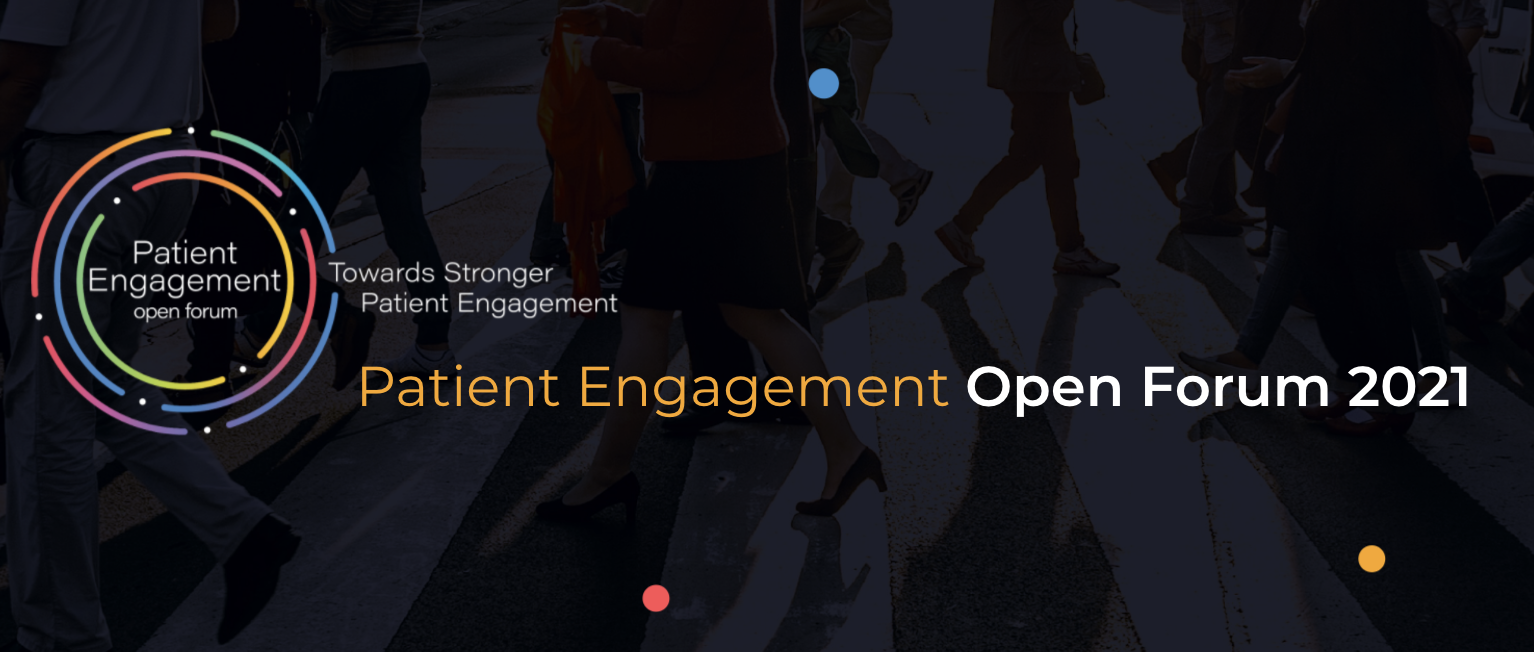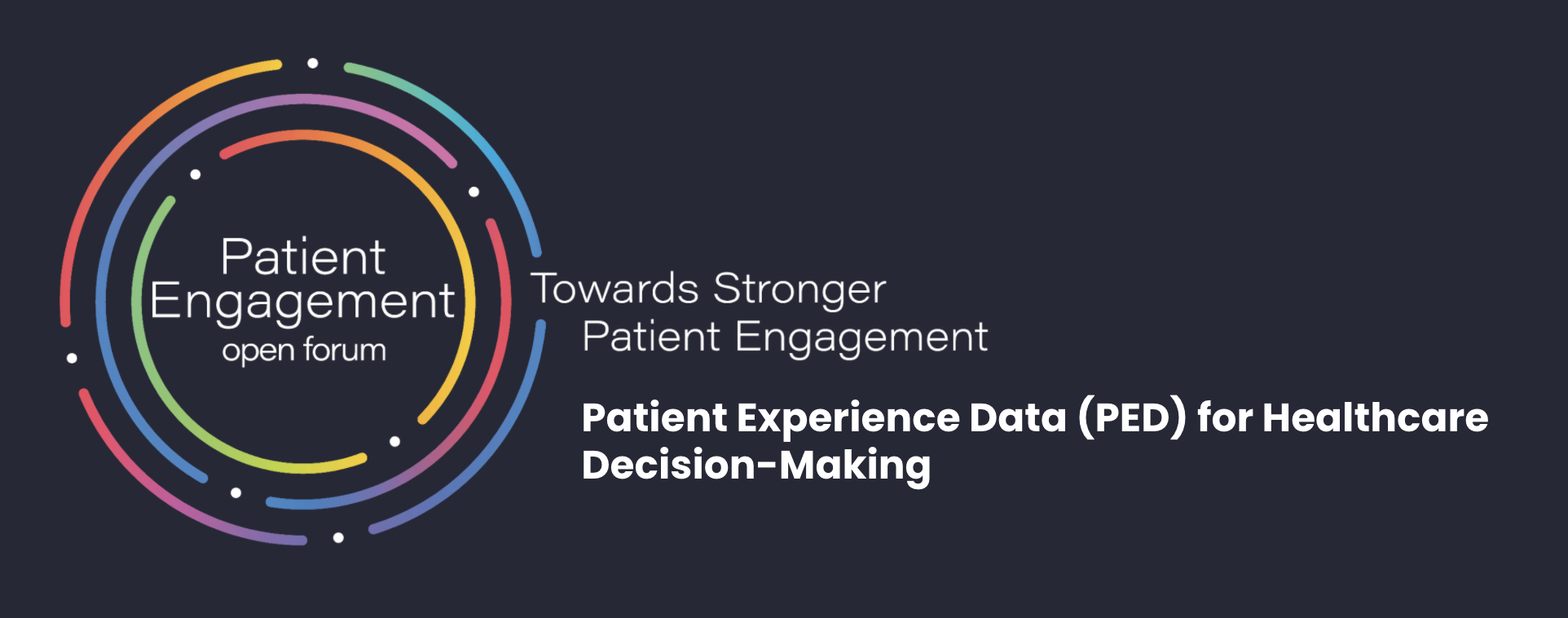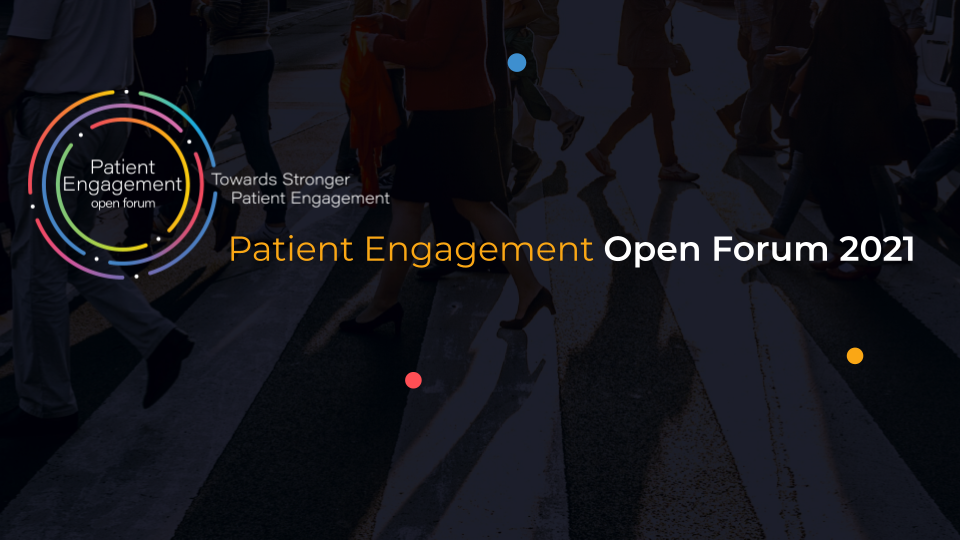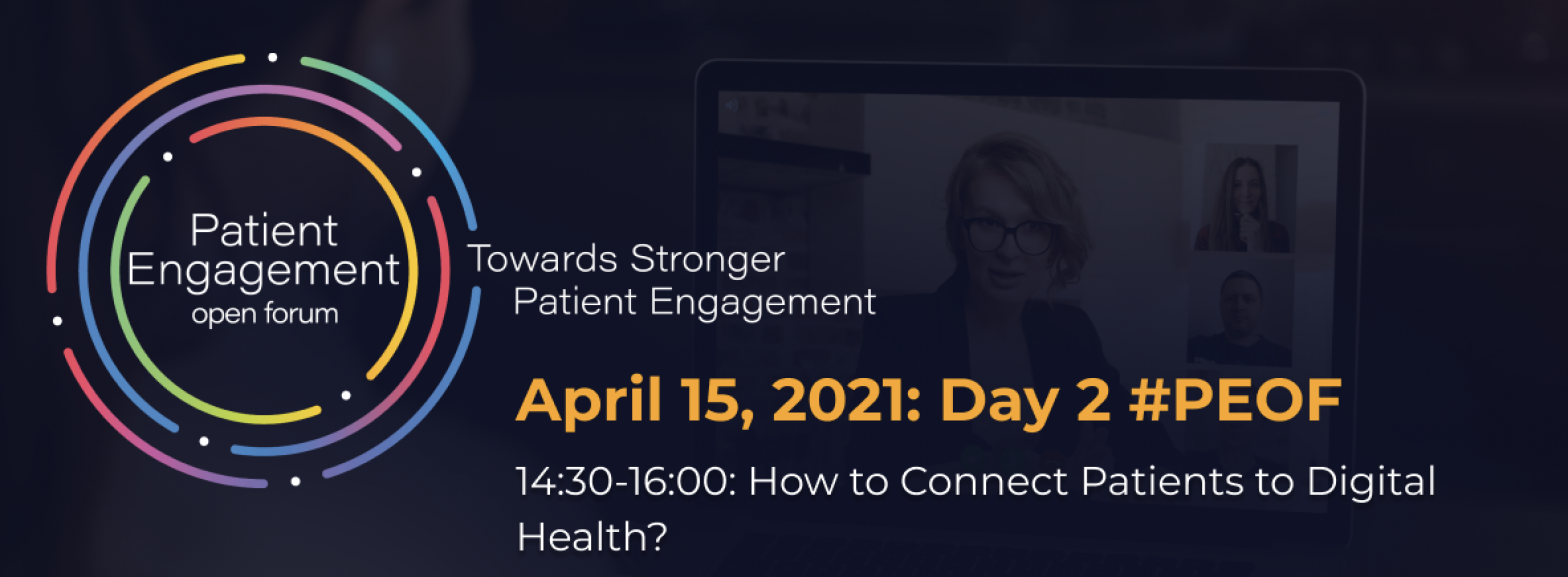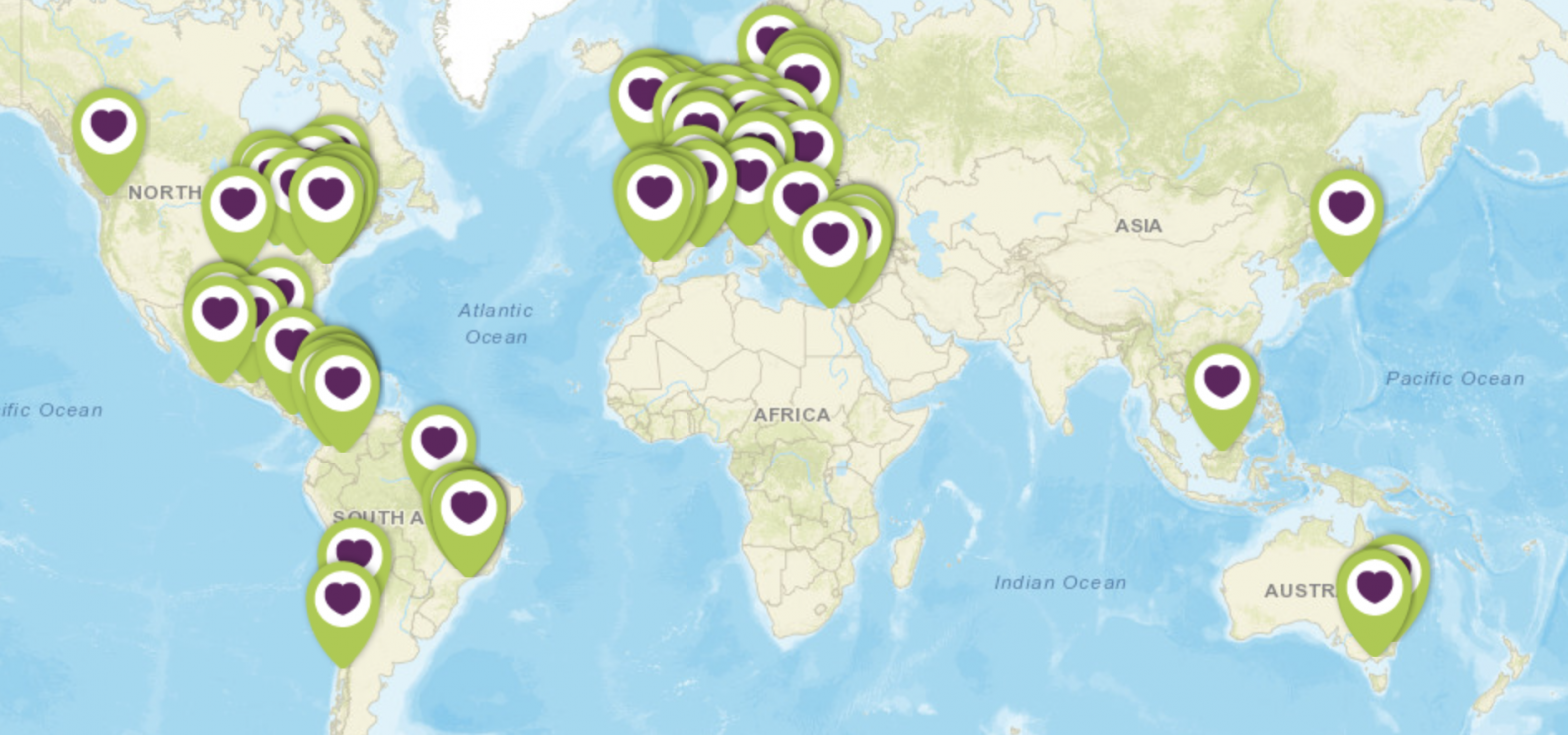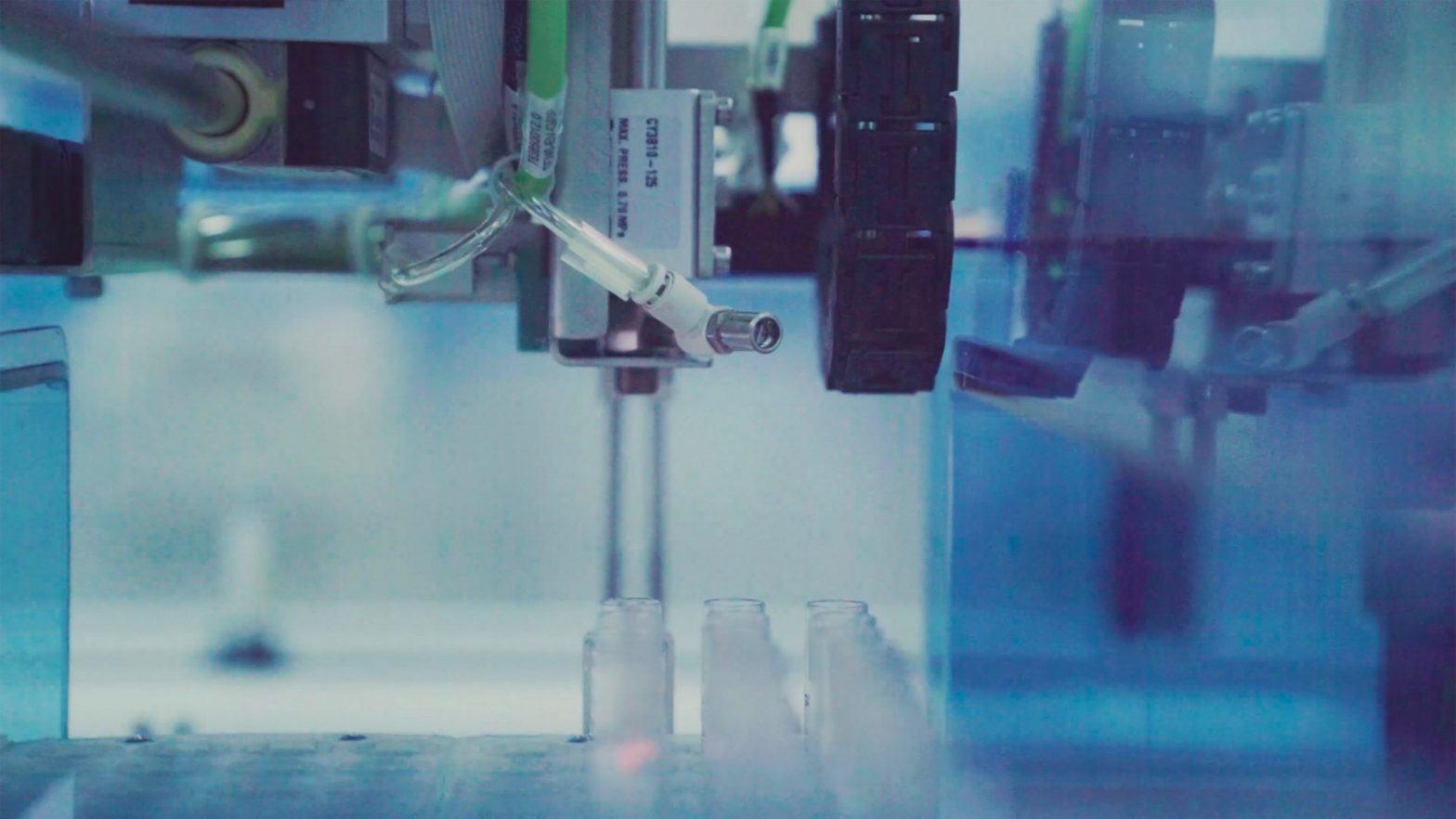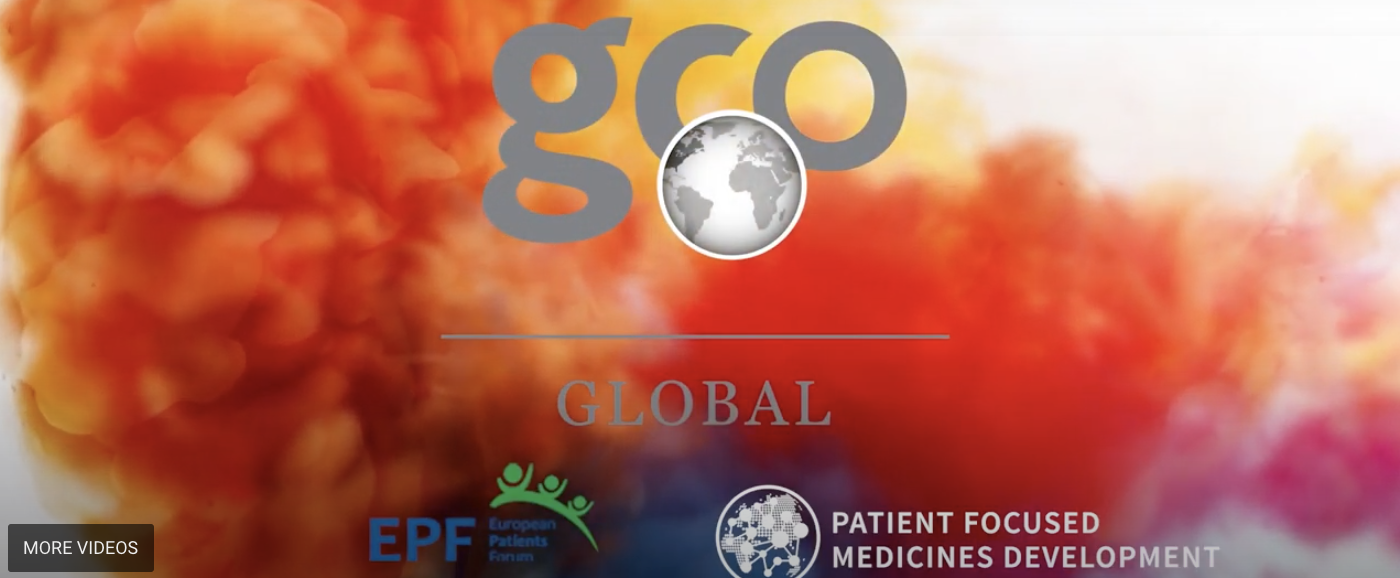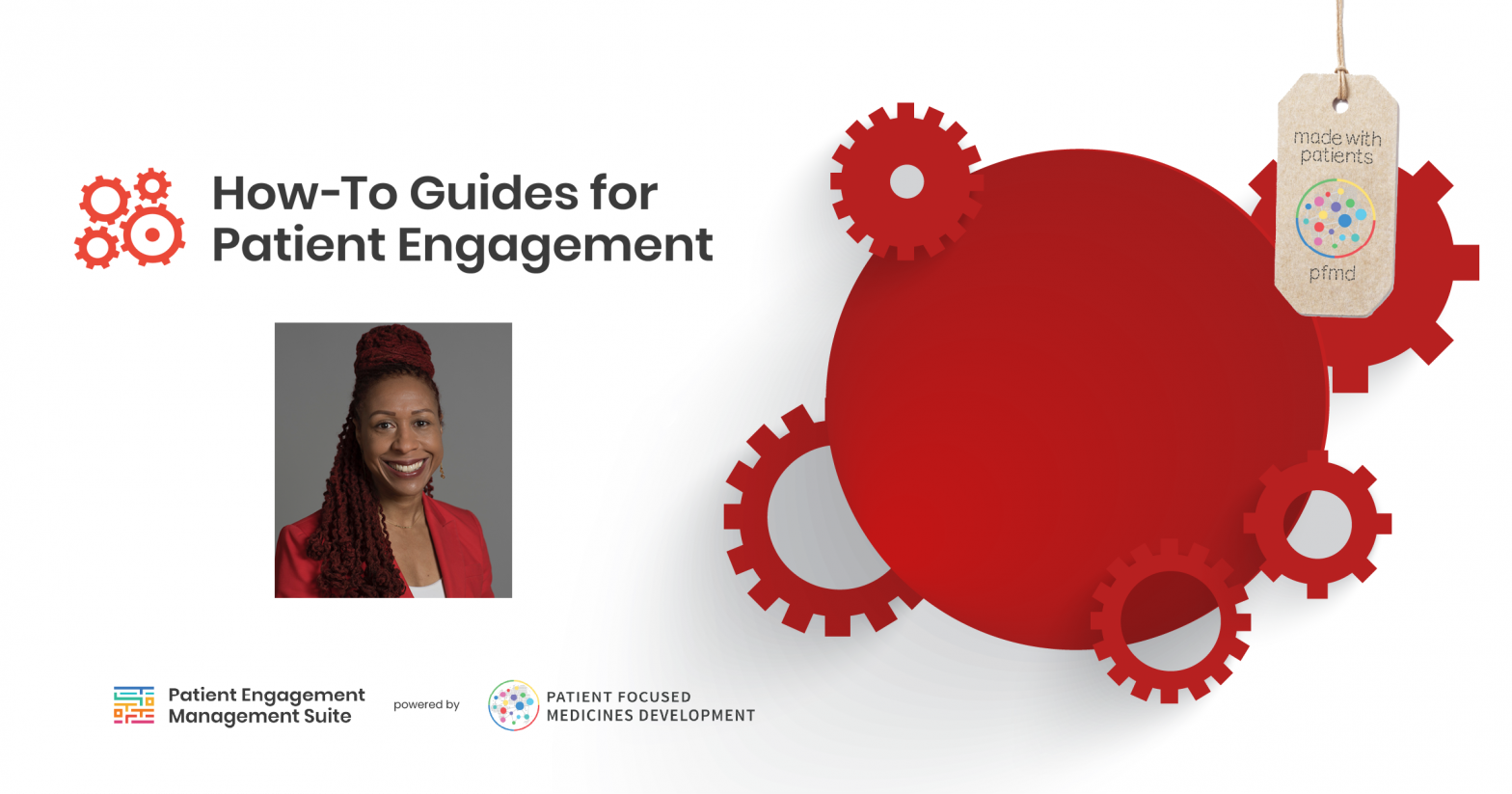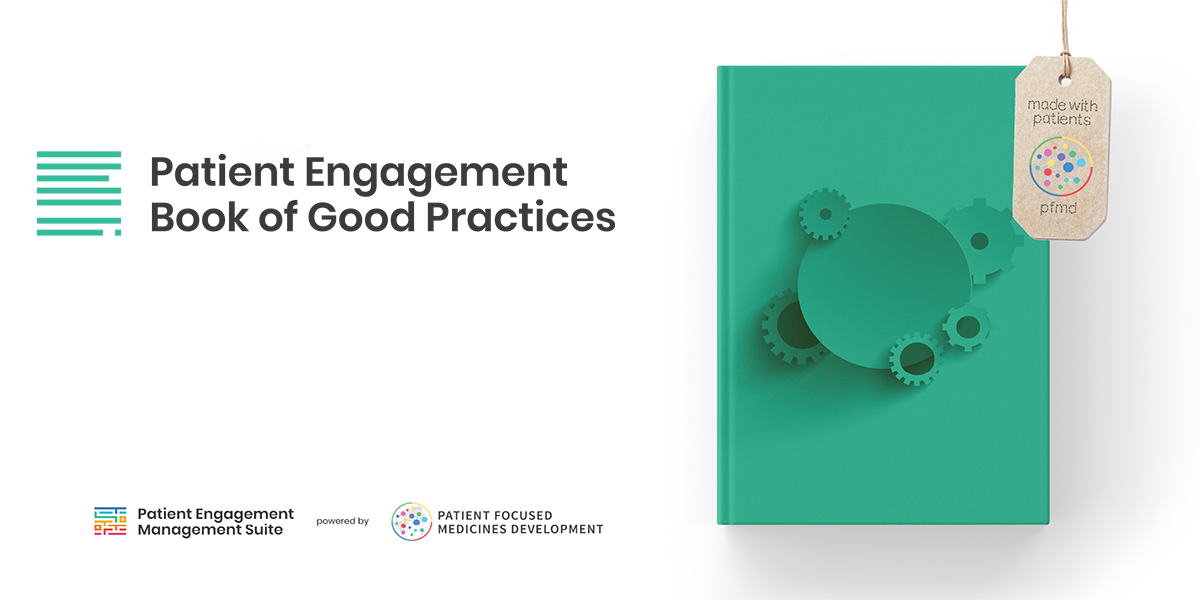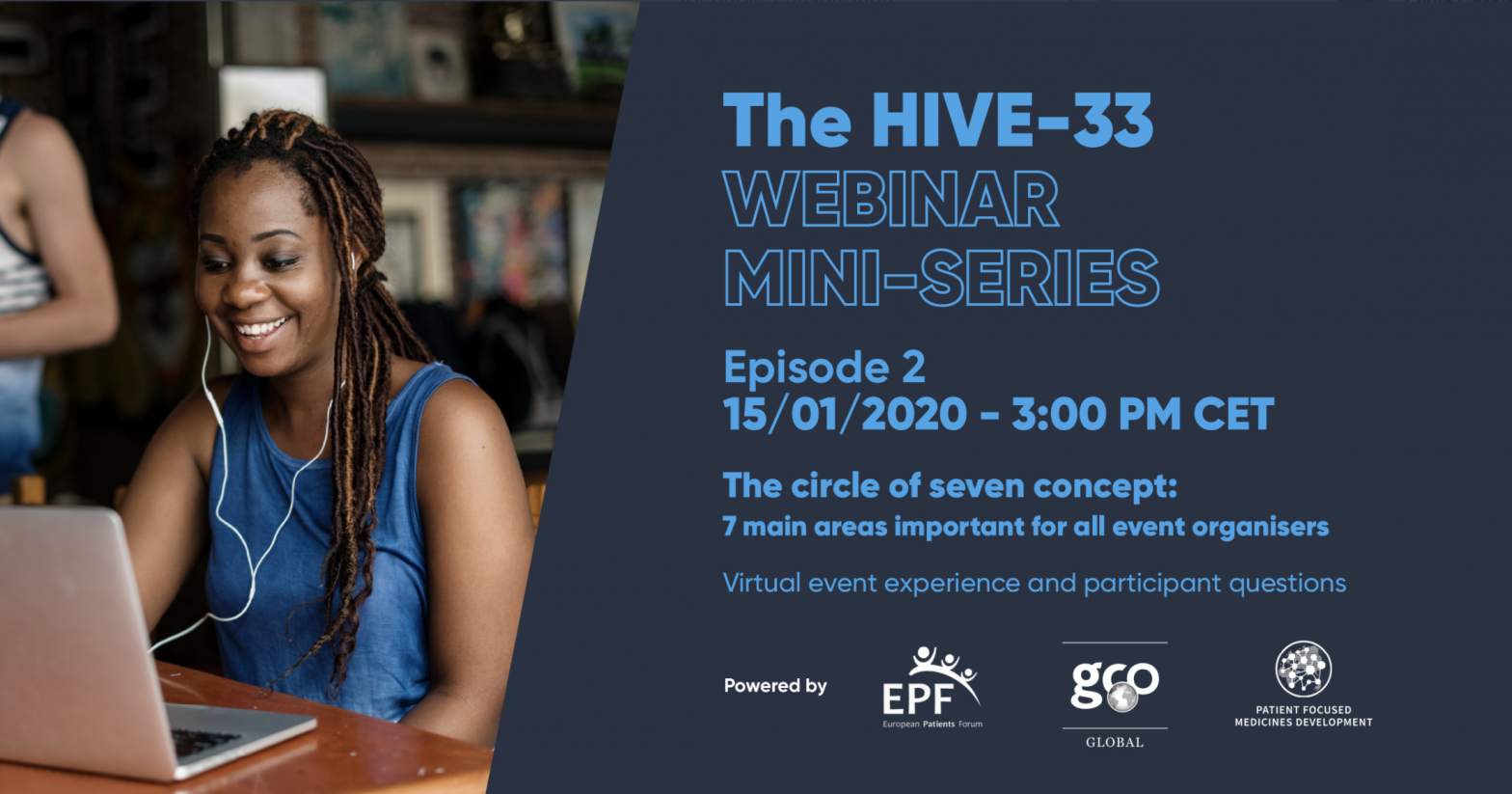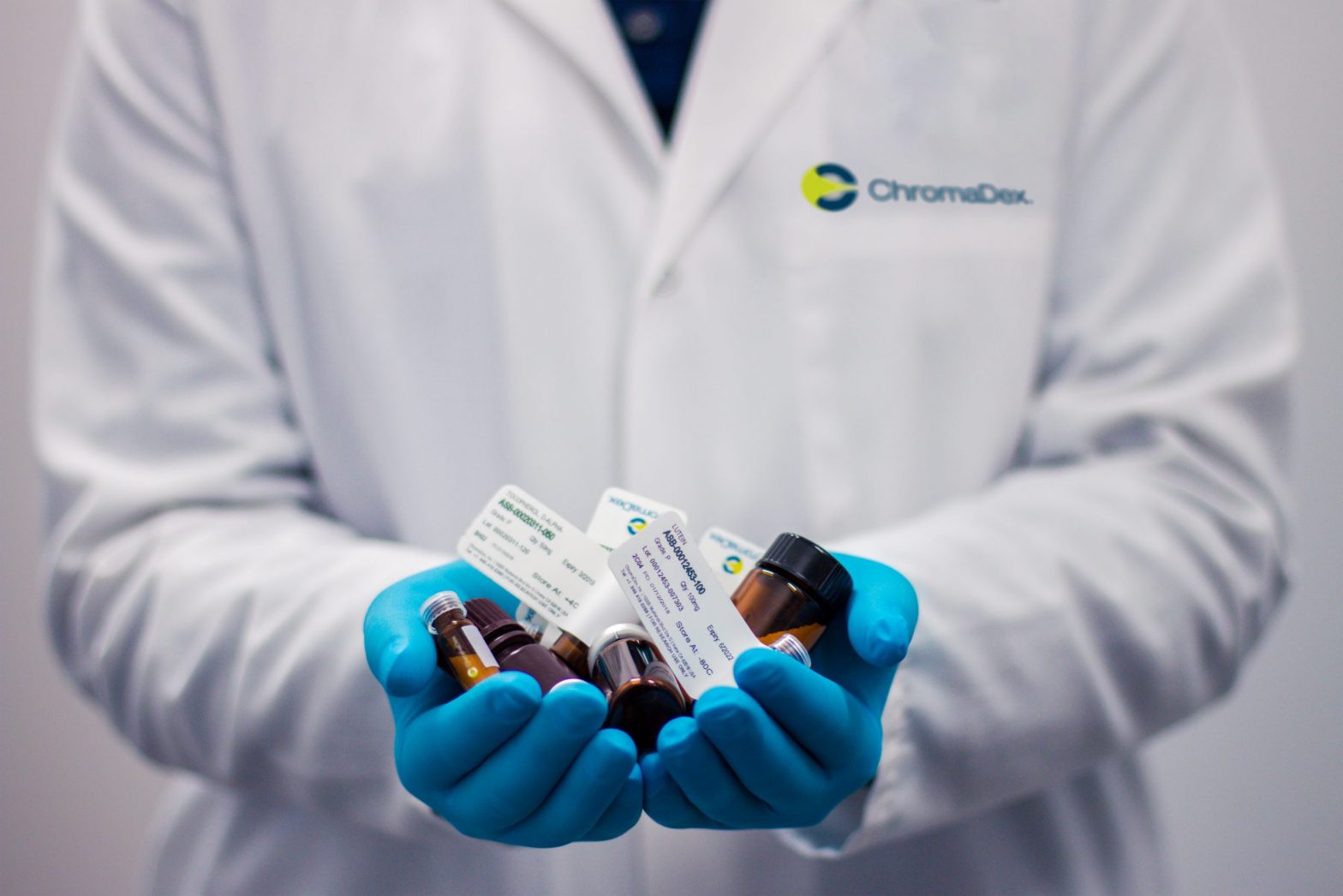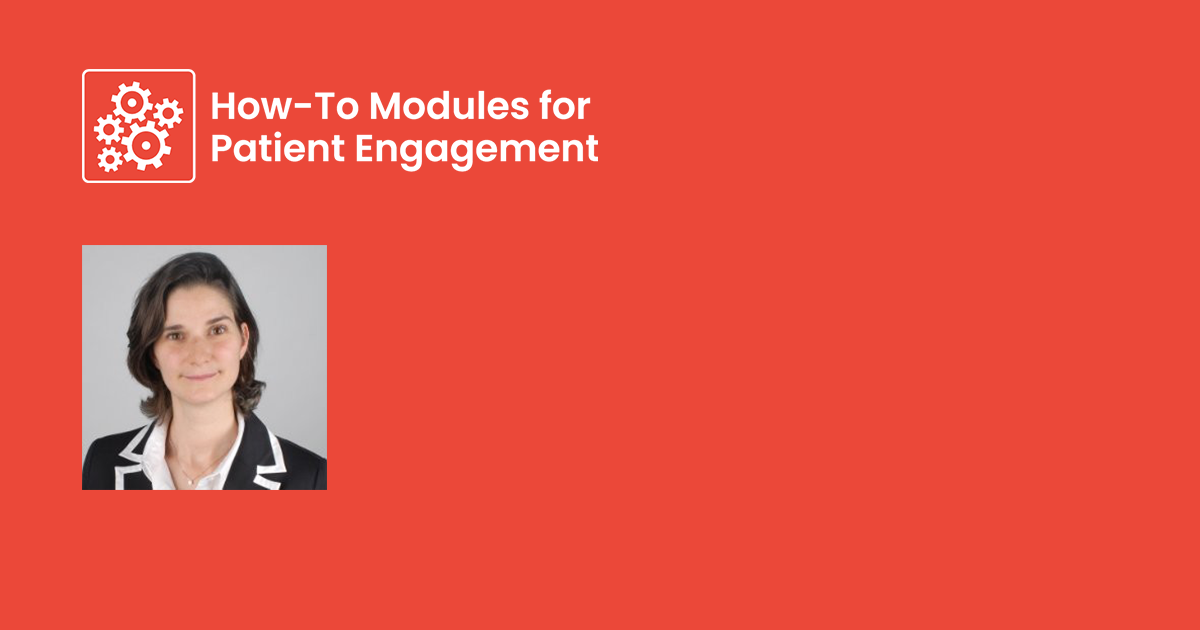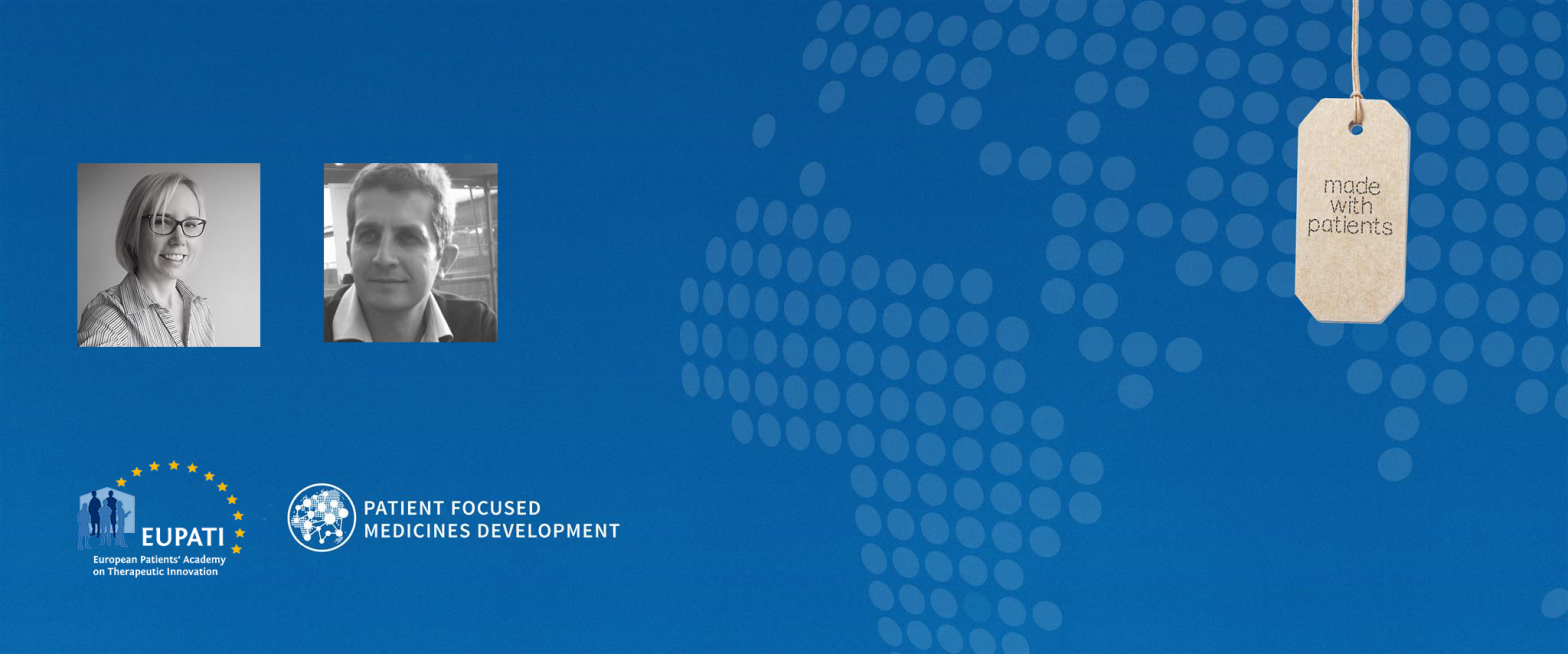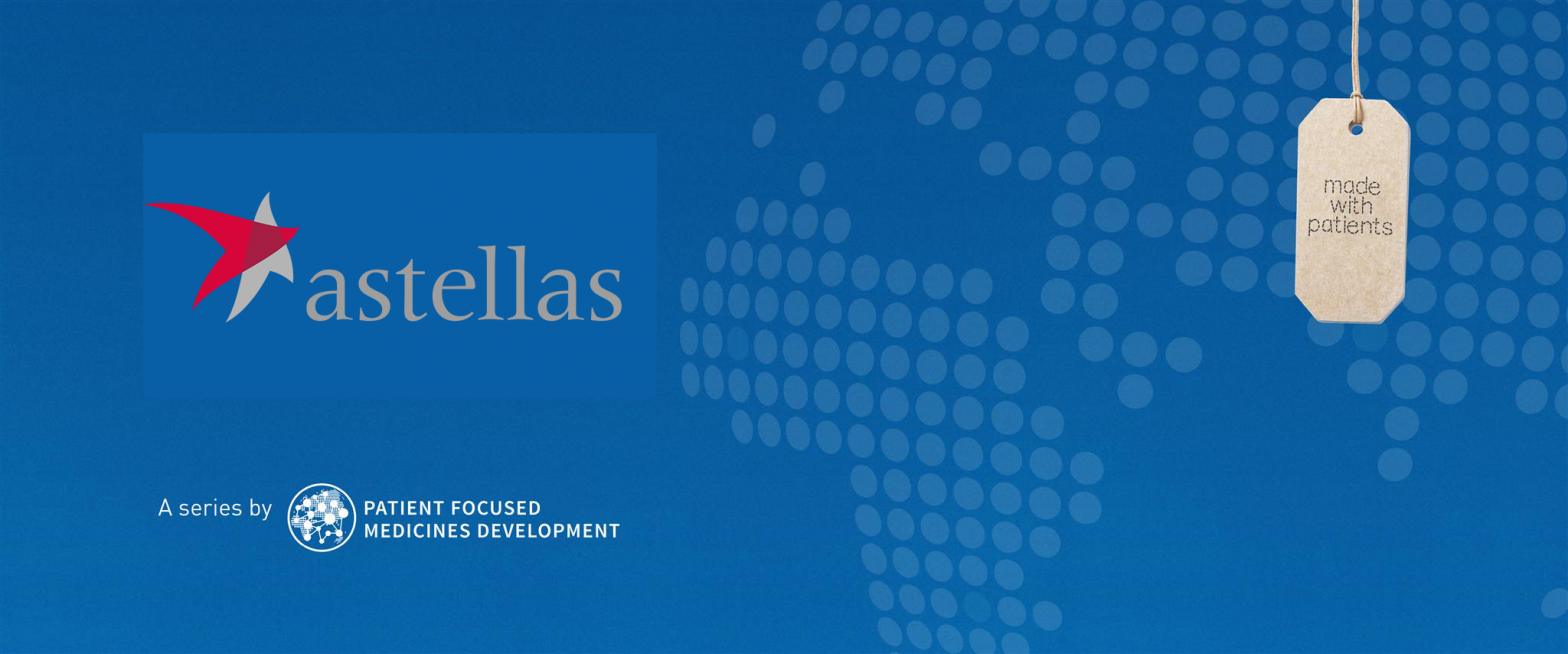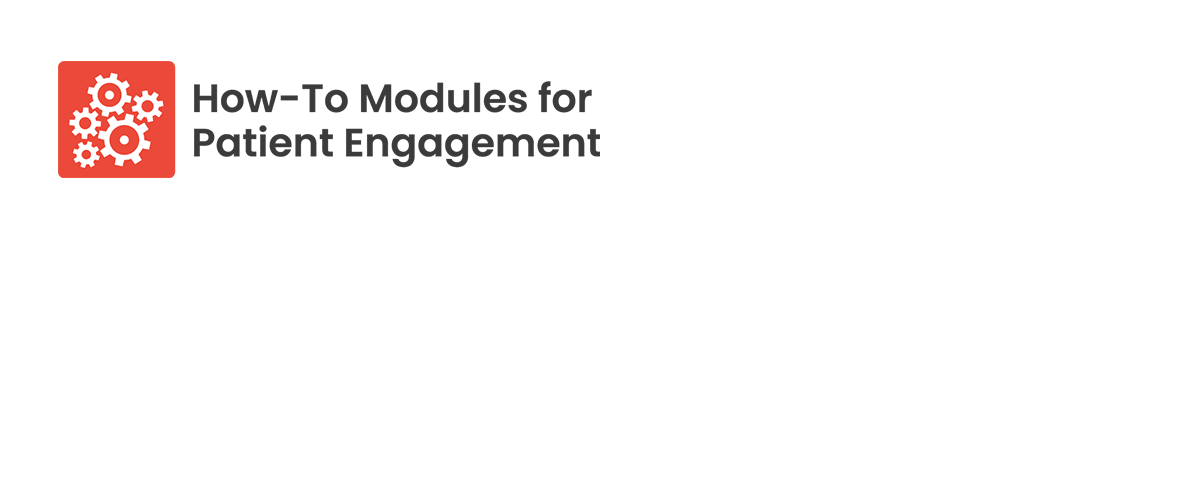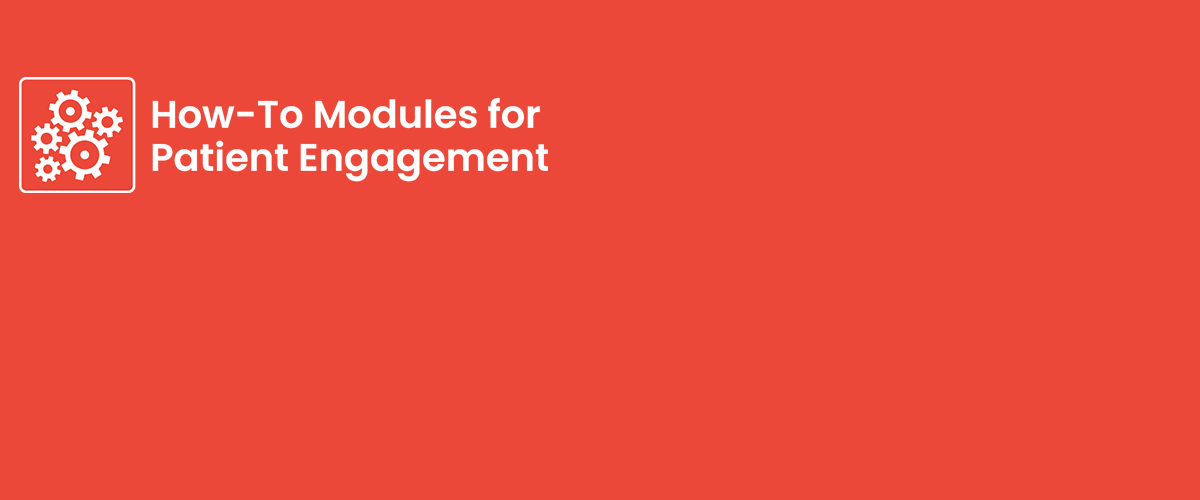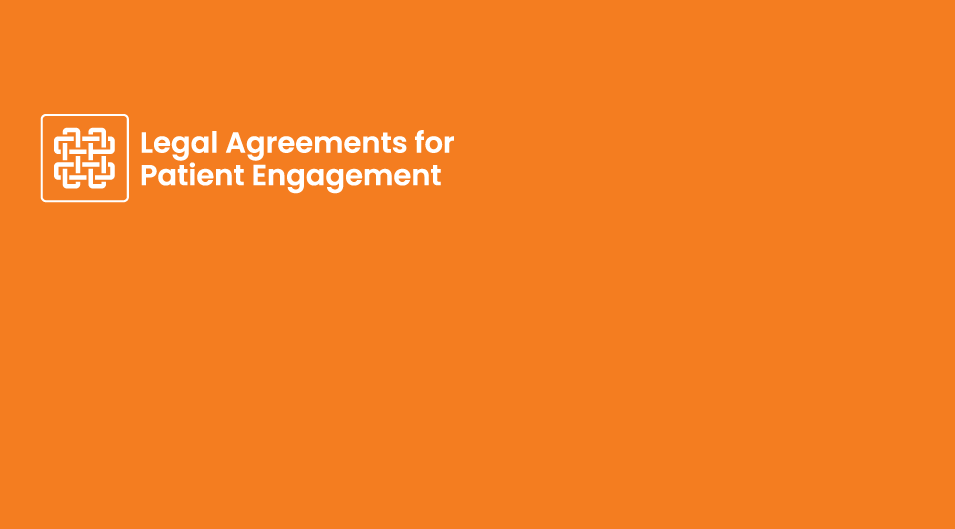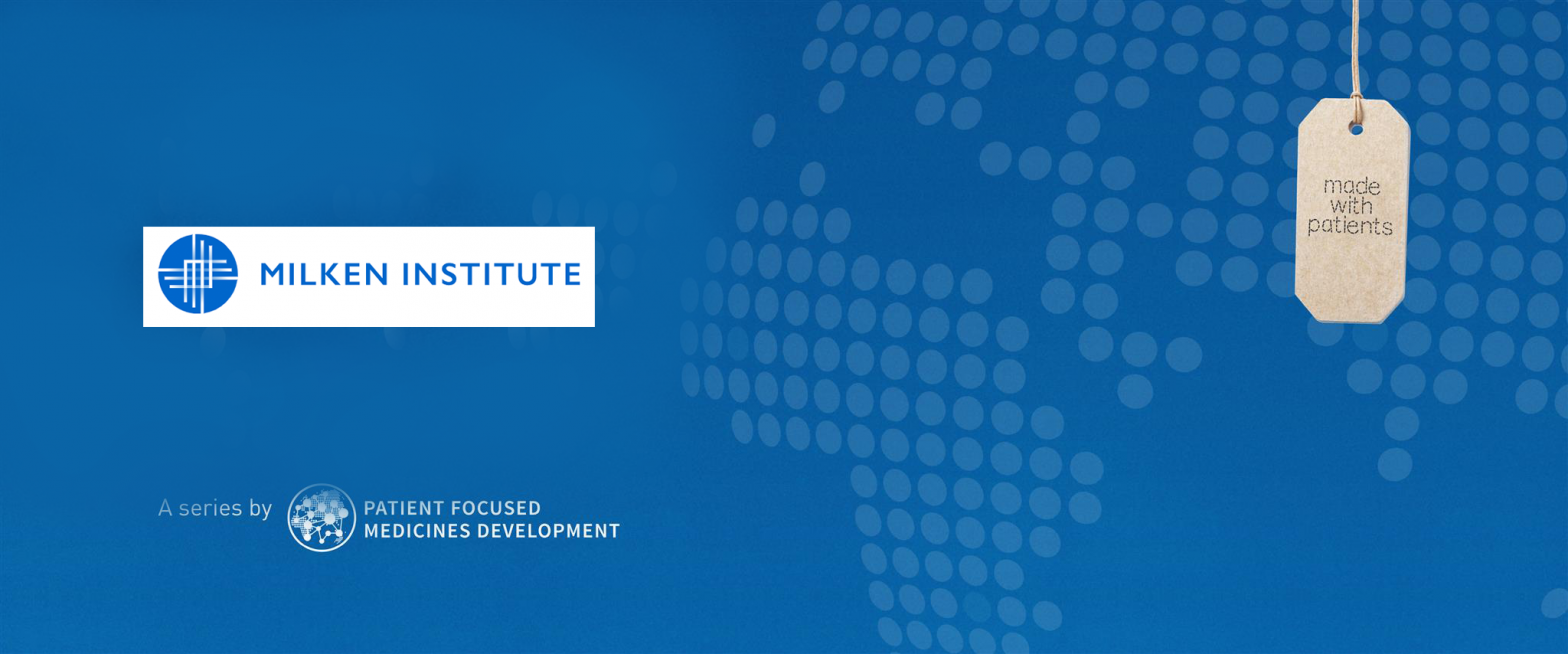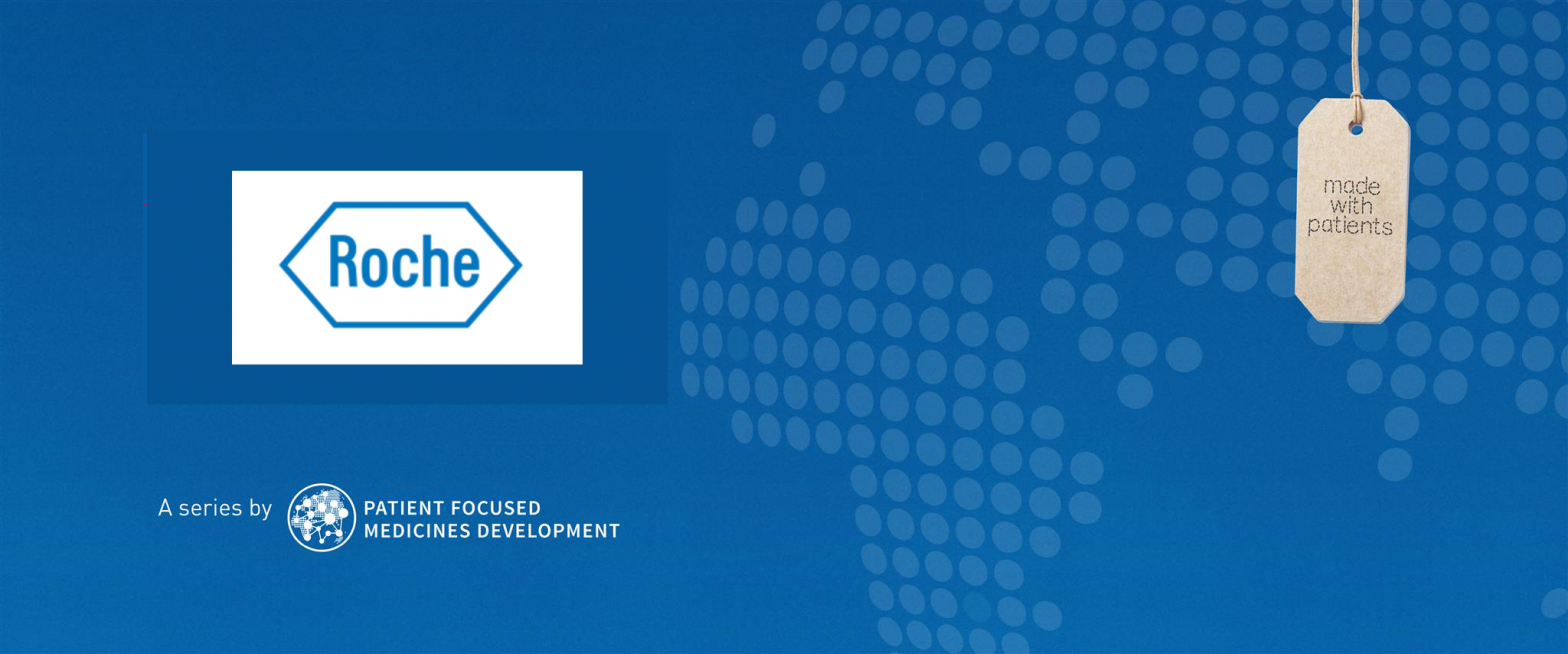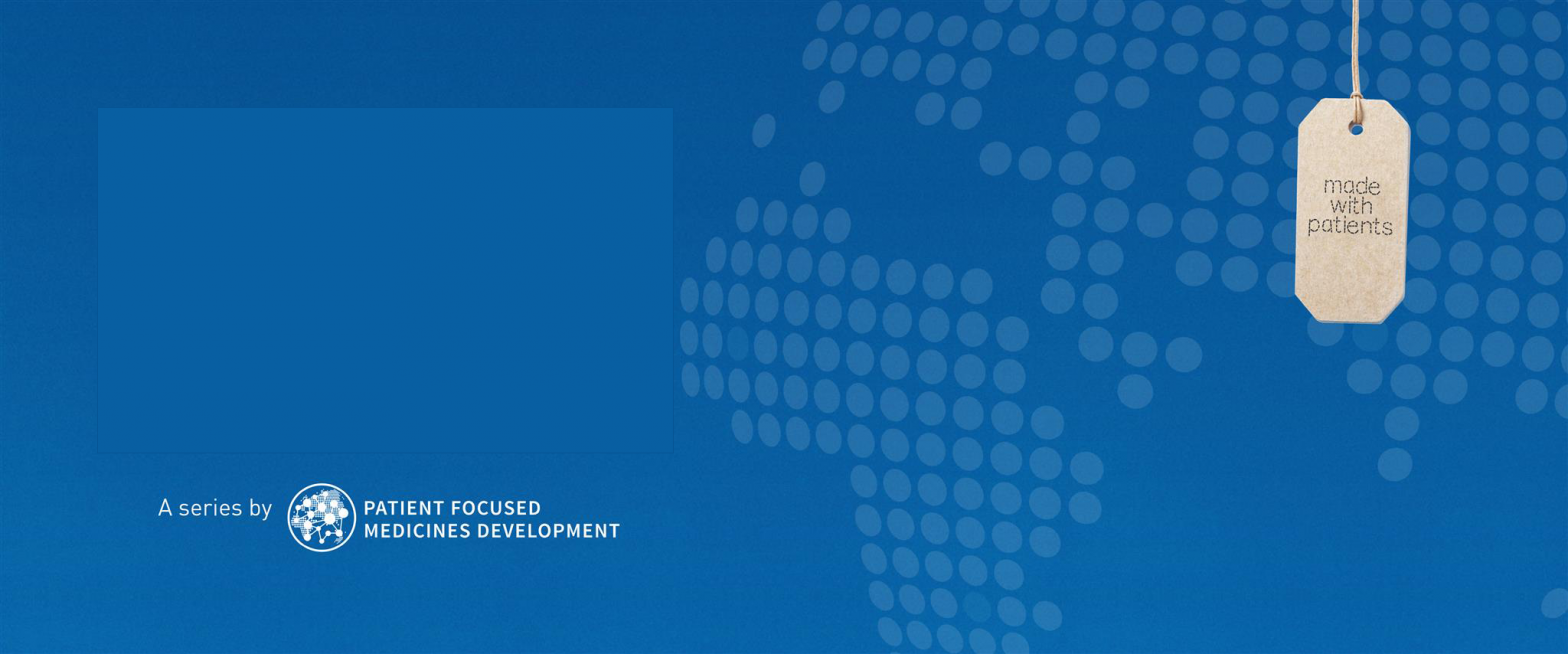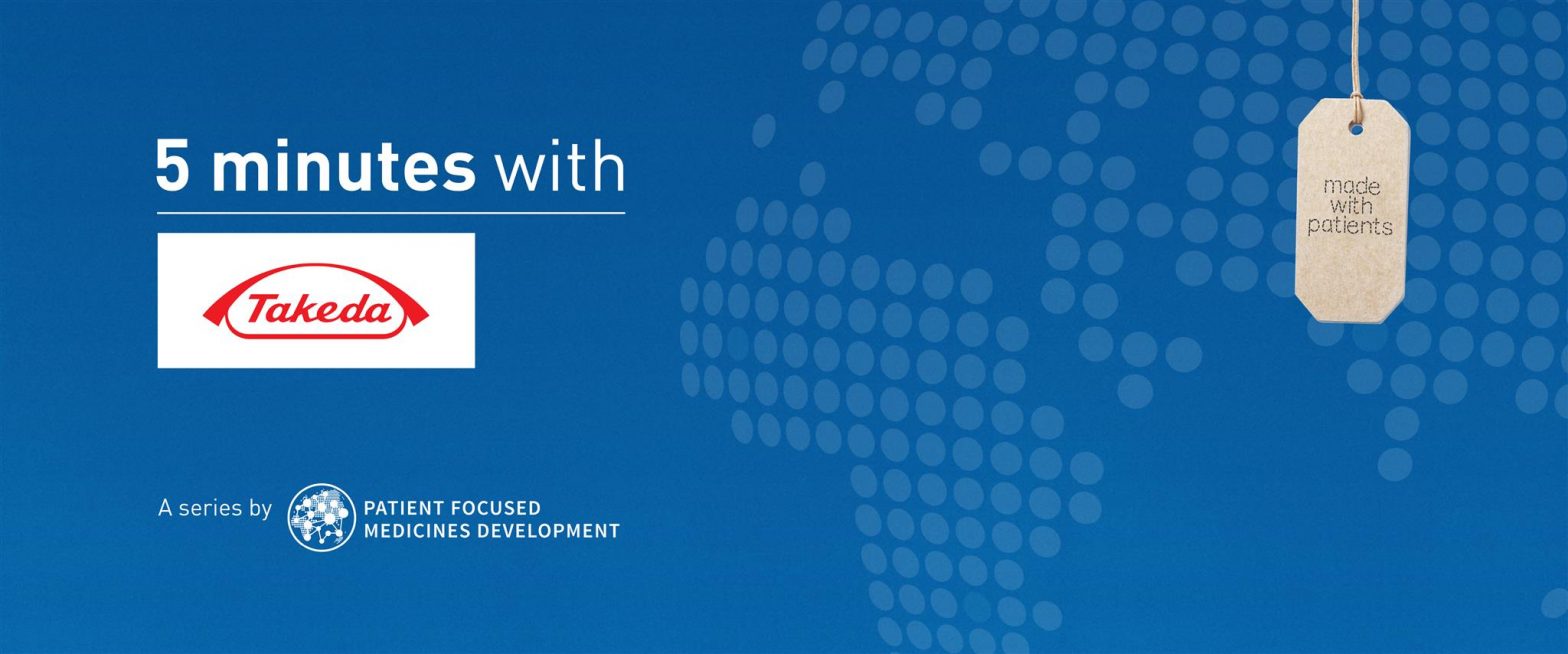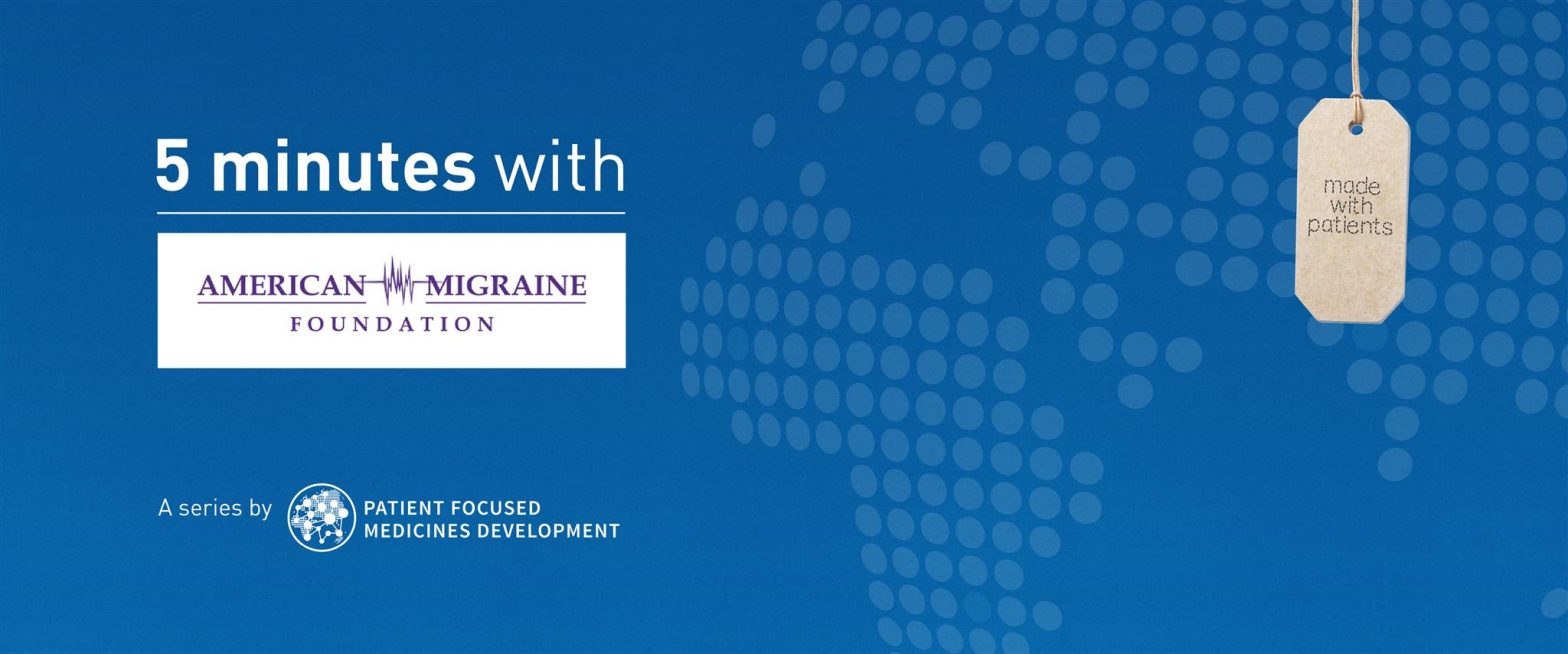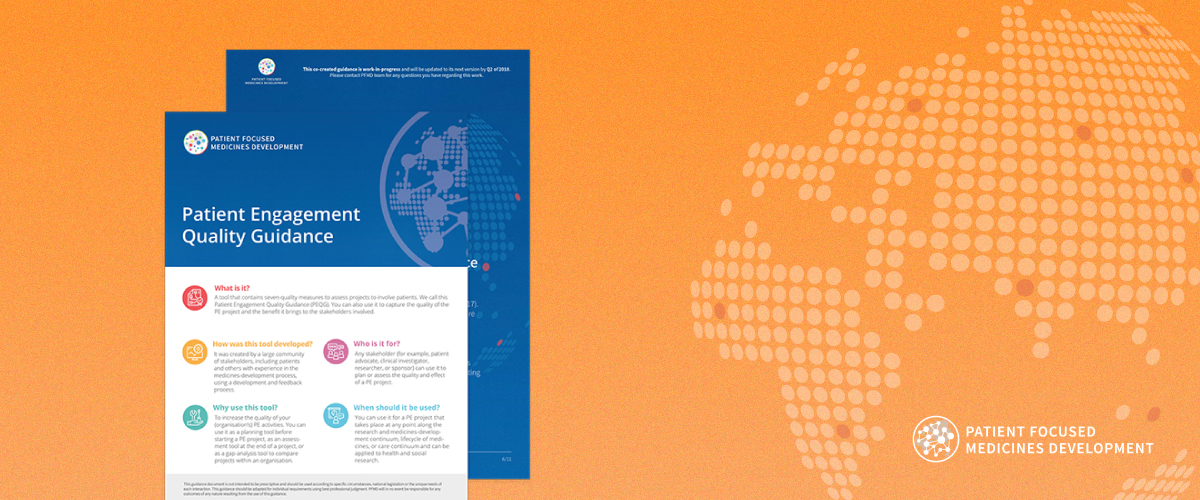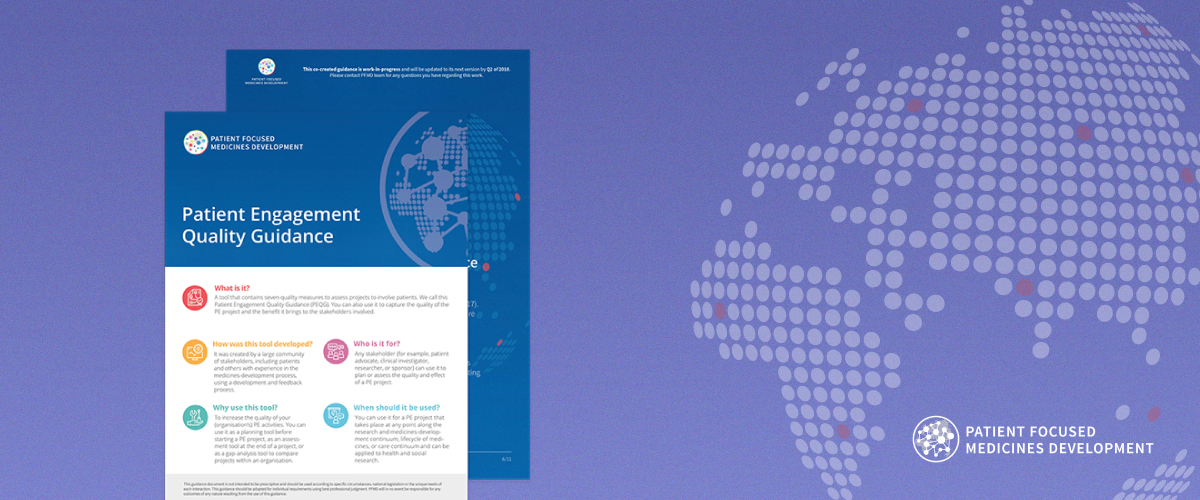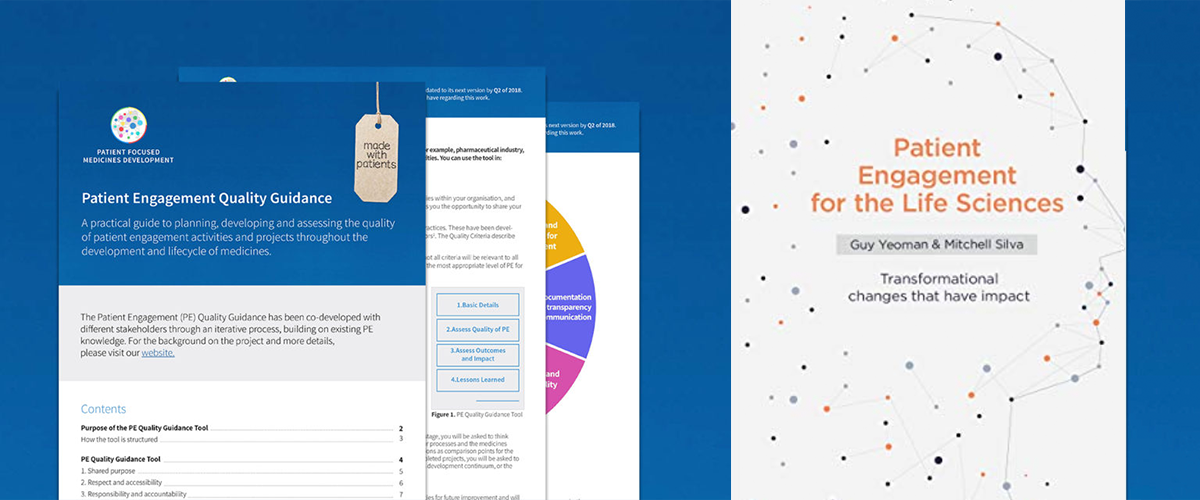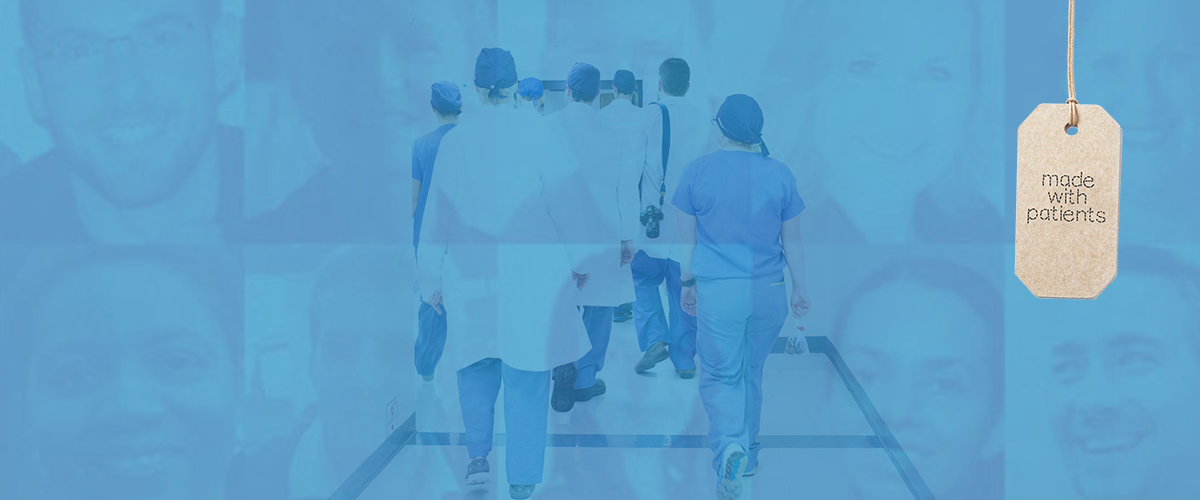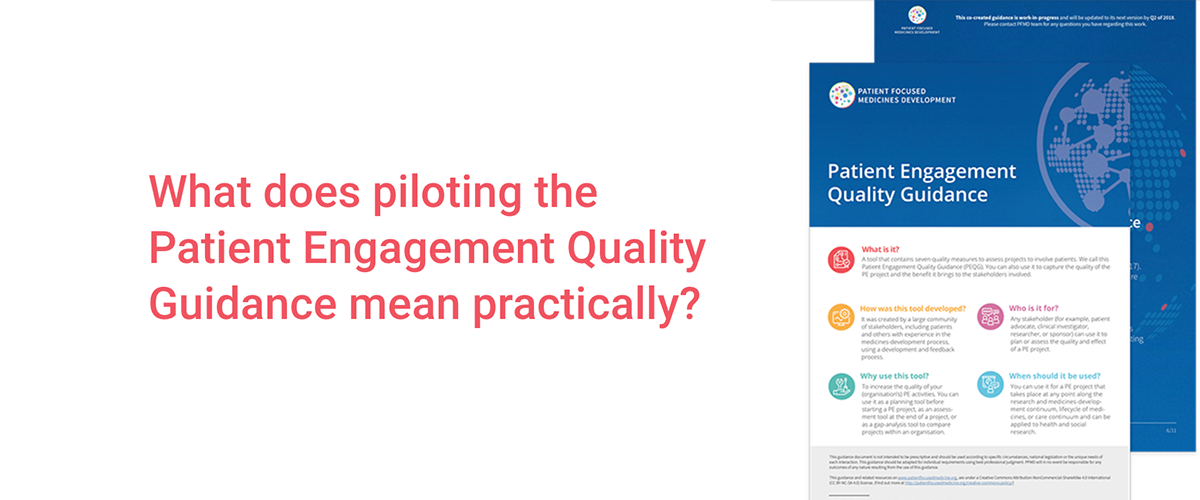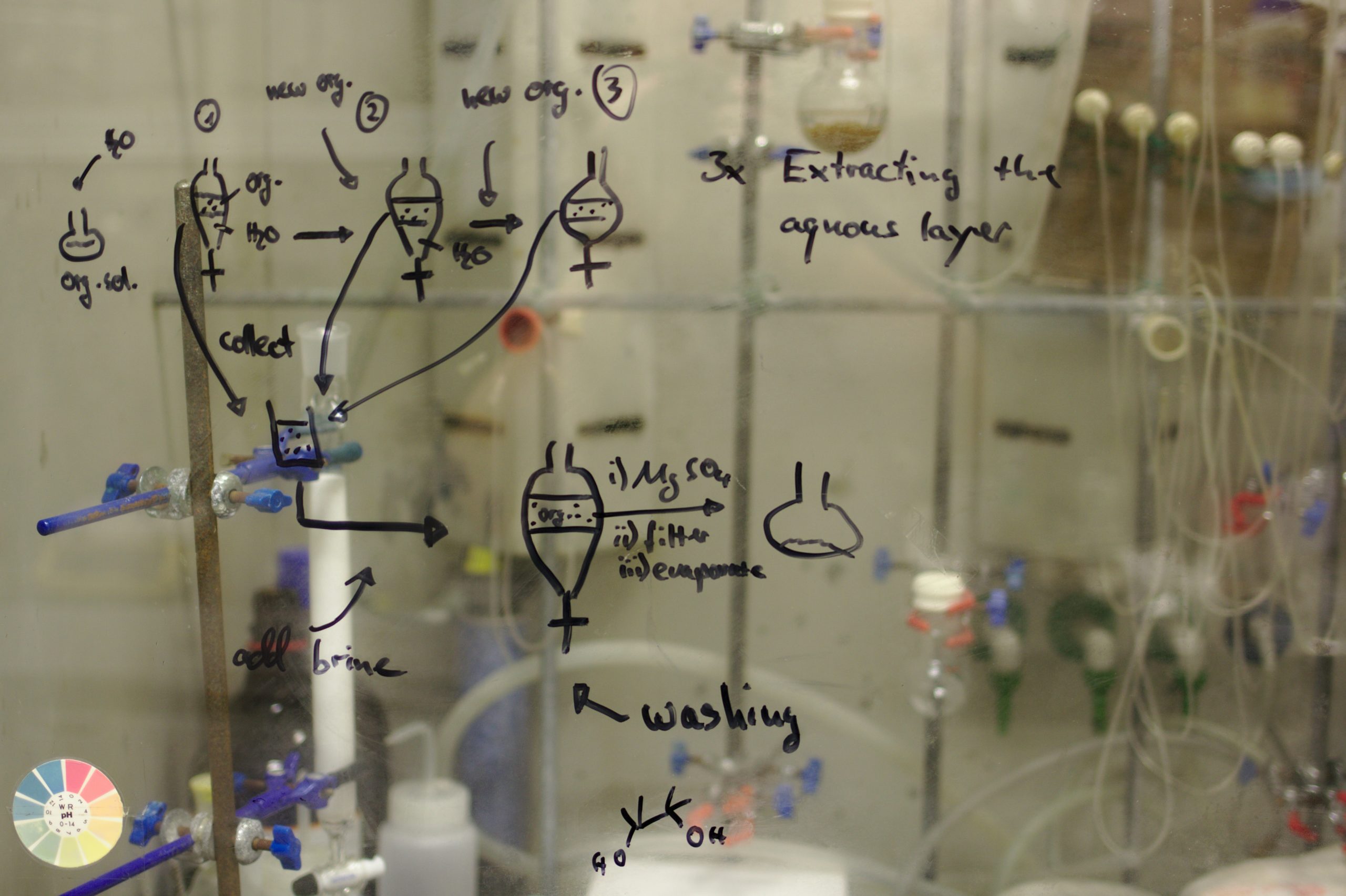 In a fragmented and fast-evolving patient engagement landscape, the need to align stakeholders, harmonise approaches and perspectives and share best practices is critical as we strive to deliver better patient outcomes and drug development efficiency.
In a fragmented and fast-evolving patient engagement landscape, the need to align stakeholders, harmonise approaches and perspectives and share best practices is critical as we strive to deliver better patient outcomes and drug development efficiency.
Rebecca Vermeulen, Head of Customer Strategy and Patient Partnership, Product Development Medical Affairs, Roche – Genentech Pharmaceuticals, is the embodiment of this. Her close links with PFMD – she is an original board member – means the initiative benefits from her vast experience of integral patient engagement, for she was one of the early adopters.
Vermeulen explains that the twin topics of medicine in pregnancy and PE are special interests of hers.
“Patient engagement is very important to me as I truly believe in the value that patients perspective bring to drug development,” she says.
“While new research focuses on good science and unmet medical need, the science is only as good as viewed and determined by patients. Based on the solutions they need and if the benefits positively impact their quality of life, as determined by them and not to be assumed by others. Patient-driven science requires a fundamental shift in how we conduct and prioritise research so that we can make meaningful strides in improving health and health standards overall based on what patients really need.”
She adds that this is also true for maternal healthcare, where there continues to be issues in terms of quality standards. “Inclusivity in research means that we must find ways to be more representative viewing realities from those of patients including expecting mothers,” she states.
Vermeulen’s recognition of PE as a necessary move by industry happened very early on in her career, making her something of a trailblazer in the PE journey. She says, as a Medical Affairs professional, her personal motivation is to be sure patients are empowered to make the best decisions for themselves.
“Connecting to patients early as new treatments are being created to listen and understand their needs is essential – I found it difficult to answer questions about why research was being done without including them or their perspectives. These questions are hard to address when you realise there really are no good reasons for not including their views and being more transparent and open to receive the input needed to create meaningful solutions.”
Unsurprisingly, Vermeulen and Roche have been actively engaged in PARADIGM, the public-private partnership that aims to provide a unique framework that enables structured, effective, meaningful, ethical, innovative, and sustainable patient engagement (PE) and demonstrates the ‘return on engagement’ for all players.
“We have a genuine interest in partnering with patients to be sure their views are included in everything we do, across the life-cycle of drug development. We really want to be a partner of choice for patients and in doing so, we know we will make better decisions as a result.”
Vermeulen is now the chair of the DIA, and has ambitious plans for her tenure at the helm of the organisation.
“I am dedicated to DIA’s mission to foster innovation that improves health and well-being worldwide. The DIA is a thought catalyst that addresses challenges and identifies opportunities to improve healthcare overall and helps implement and scale the use of best practices globally.”
She adds that her personal and professional interests go much further than new molecule development, however.
“Rather, I’m interested in creating solutions that are truly meaningful for patients. Over the last fifteen years, DIA has ensured that patients are actively engaged in healthcare discussions so that they can actively foster meaningful solutions to their challenges and needs. DIA is committed to working together with patients and across all constituents in healthcare to speed the development of quality solutions and treatments to improve patients’ lives.”
It is therefore unsurprising that Vermeulen is deeply involved in PFMD, aiming to make patient engagement systematic across the lifecycle of medicine. Her experience in shaping multi-stakeholder organizations and her integral thinking comes is invaluable within the PFMD Board in helping to shape its governance and build a strategy that will allow PFMD to achieve its mission of synergising best practices, key players and various stakeholders in order to turn patient engagement into a sustainable reality for all.










